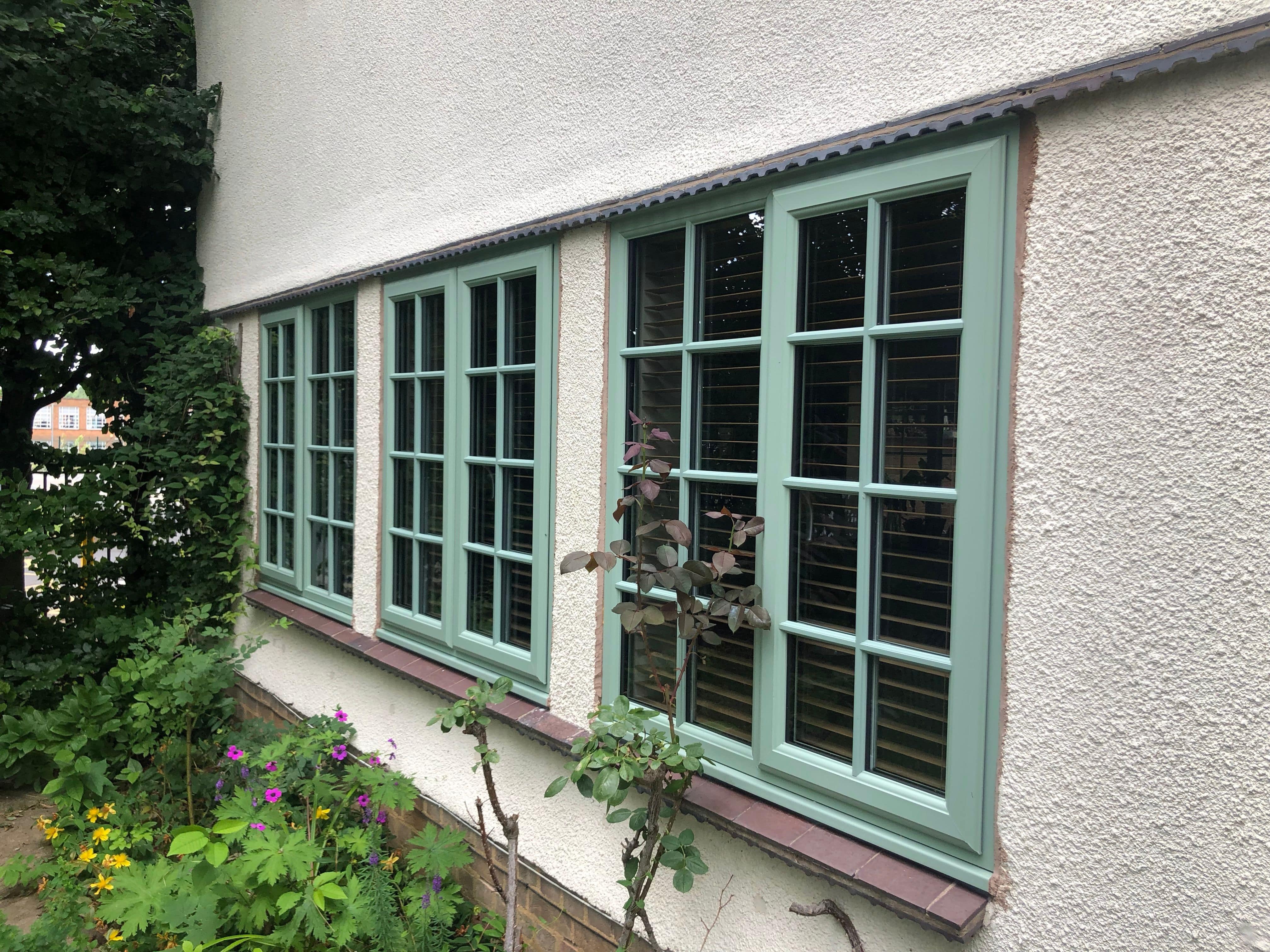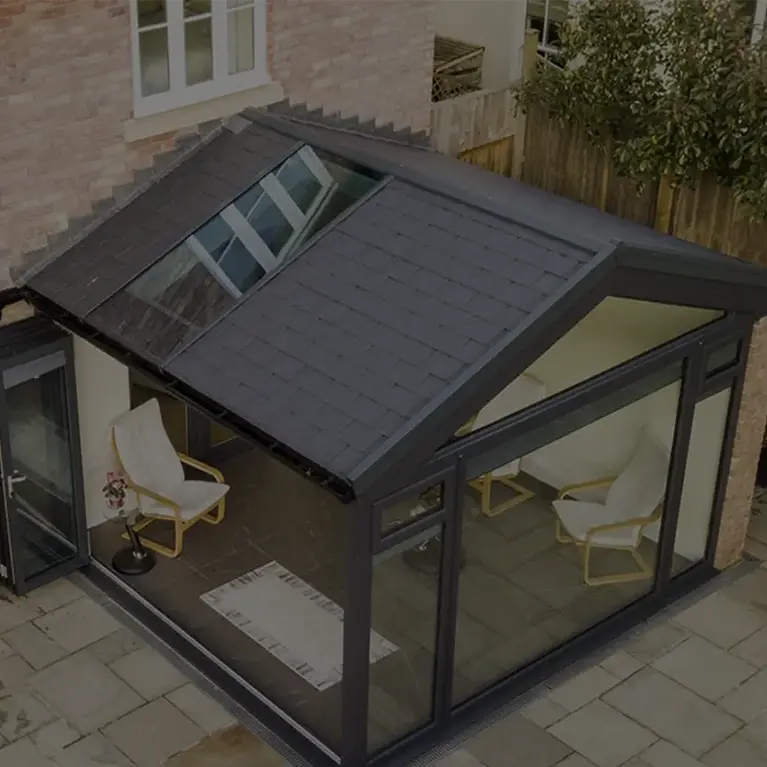
3 Ways To Prevent Condensation On Your Windows
Condensation on the internal or external face of windows is a common problem in many homes – especially over the winter when windows are usually kept closed, and the humidity and dampness levels inside the home can rise to uncomfortable levels. What steps can you take to prevent windows steaming up, and is this something you should be worried about?
First, Some Good News:
Condensation on the external side of your glass panes doesn’t mean that your double glazing needs to be replaced. It’s actually an indication that they’re doing their job properly by keeping warm air inside your home.
However, this doesn’t mean that you can’t take steps to reduce the issue of damp in the house. Your windows and doors do need to be maintained in the colder months when condensation is more likely, in order to prevent mould from forming on walls and around your window frames. Mould growth can damage curtains, carpets, and soft furnishings and create an unpleasant musty smell that is hard to get rid of, and mould can also be stubborn to remove from paint and plaster work if it sets in. A damp atmosphere also isn’t healthy for people with respiratory problems and can worsen conditions such as asthma.
Failing to control condensation on your windows can also damage the windows themselves, causing the seals to fail and, in some cases, the window frames themselves to crack and need to be replaced. Internal condensation in between the 2 glass panes of a sealed unit is always a problem to take note of, as this can indicate structural issues with your window causing air leakage. The guarantees you get with newly installed windows will cover this type of condensation for a period of time.
How To Prevent Or Reduce Window Condensation:
There are several ways to prevent or reduce window condensation in vulnerable rooms – and we recommend taking additional precautions in humidity-prone room such as your bath or shower room and kitchen, and your bedrooms, in which the presence of damp could aggravate breathing conditions.
1. Invest In Modern Double Glazed Or Triple Glazed Windows
Condensation is caused when warm air hits a cold surface, so the closer you can keep your internal windowpanes to room temperature, the less condensation you will get, as it will prevent water vapour in the internal air from reaching its dew point. Modern double-glazed and triple-glazed windows are more effective at keeping out cold air and keeping the internal pane warm than older double or single-paned ones, because they provide an extra layer of insulation between your home and the outside air temperature.
2. Improve Insulation Around Your Windows
Improving the insulation around your windows can prevent warm air from escaping and creating condensation on the glass. Try to ensure that there are no gaps or holes around your windows – e.g. from damaged or broken seals, or gaps under doors – that could allow cold air into your home.
3. Control Your Humidity Levels
The main cause of window condensation is high humidity levels in the home, created by cooking and running the shower. When windows are closed, it can be difficult for this excess moisture to escape, increasing the chance of external condensation, so consider installing an exhaust fan or trickle vent in your kitchen or bathroom, or opening a window slightly when cooking or showering.
Find Out More
At Harveys, we offer a wide range of energy efficient casement windows and doors to help you keep your home comfortable and well ventilated, with humidity kept to a minimum. To find out more, please click here to contact us, or call one of our team today on 0116 497 1994.


